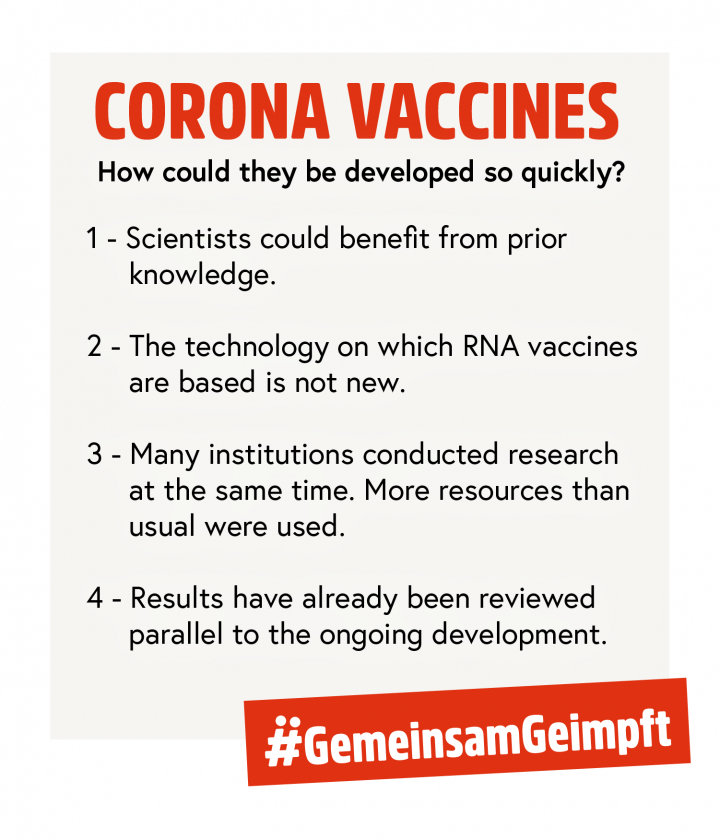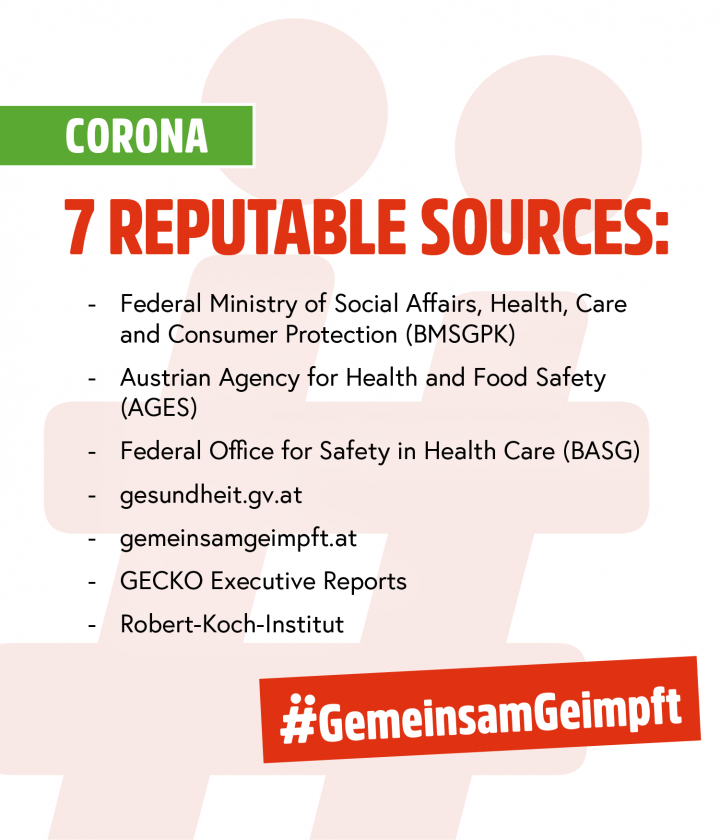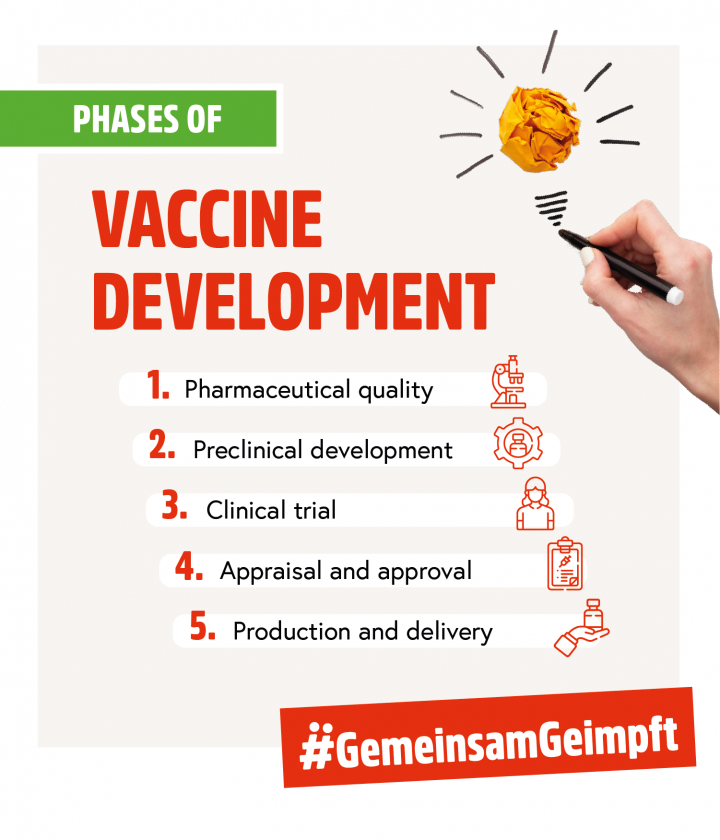If you suspect you have Long COVID, contact your primary care physician. Special patient groups can be treated in university hospitals under various scientific programs.
Definition
Long COVID describes long-term health consequences following COVID-19 disease. Common symptoms include shortness of breath, fatigue, decreased performance, and memory and concentration problems. However, symptoms can vary widely. Long COVID includes long-lasting COVID-19 disease (from four weeks of symptom duration) and the so-called post-COVID syndrome (from 12 weeks of symptom duration). Long COVID is also referred to when new symptoms are added after COVID-19 disease that cannot be explained in any other way.
[Source: sozialministerium.at]
This is what science says
A recent study from the U.S. (November 2022) shows that the pandemic could cause millions of people to develop new kidney disease and other non-communicable diseases such as diabetes, cardiovascular disease, and neurological disease. These are chronic diseases that require lifelong treatment. The rise of chronic diseases has far-reaching implications for all aspects of our lives - including labor force participation, economic productivity, and societal well-being. As Long COVID leads more people to rely on durable health care, it presents new challenges to health care systems.
[Source: Executive Report of the November 7 GECKO meeting]
Mental Health Effects
The sometimes severe physical symptoms of Long COVID are related to mental health and well-being (e.g., lack of sleep, stress, depressive symptoms) and vice versa. These negative effects, particularly depression and anxiety symptoms, may be further exacerbated by the isolation and reduction in physical activity associated with Long COVID. Long COVID can and must therefore also be understood as an important influencing factor on psychological well-being.
[Source: Executive Report of the November 23 GECKO meeting]
Prevention
An Israeli study this year showed that vaccination significantly reduces the risk of Long COVID. The author:s concluded from their study that vaccination with more than two doses was associated with a lower risk of getting the most common post-acute COVID-19 symptoms. Further analysis suggests that the protection of vaccination against Long COVID may be particularly pronounced in persons 60 years of age and older.
[Source: Executive Report of the September 19 GECKO meeting]
Further Information
More information on Long COVID as well as diagnosis and treatment options is provided by the health portal gesundheit.gv.at
More detailed information on the care of Long COVID sufferers is provided by the BMSGPK on its website at sozialministerium.at/Corona/allgemeine-informationen/long-covid.html
More detailed information and links to the current state of research are provided by GECKO on its website at bundeskanzleramt.gv.at/themen/gecko/publikationen-gecko.html.









